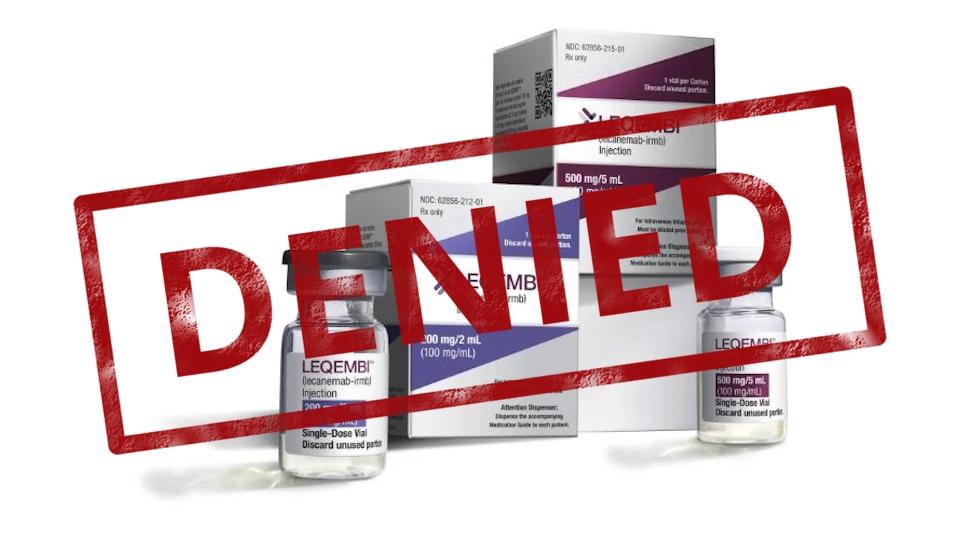Imugene HER2 vaccine hits target in stomach cancer trial

A peptide vaccine developed by Australia's Imugene has reduced tumour size in around half of patients with HER2-positive gastric or gastroesophageal junction (GEJ) cancer in a phase 2 trial.
The interim readout from the 39-patient HERIZON trial found 50% of patients treated with the HER-Vaxx (IMU-131) vaccine on top of chemotherapy achieved a partial response or better, compared to 29% of patients given only chemo.
The reduction in tumour size was also substantially higher in patients that received HER-Vaxx, according to Imugene, which reported the results at the ESMO World Congress on Gastrointestinal Cancer yesterday.
It also said that the tumour response was aligned to the level of HER2-targeting antibodies generated by the vaccine, which is given as three doses over a 35-day period.
Previously, the biotech has reported results showing that adding HER-Vaxx to chemo reduced the risk of death by 58%, with patients living a median of 14 months compared to around nine months with chemo alone.
HER-Vaxx is a B-cell activating cancer immunotherapy that consists of several B cell epitopes derived from the extracellular domain of HER2.
Imugene hopes that its vaccination approach could generate a more potent anti-HER2 response than antibody-based drugs such as Roche's Herceptin (trastuzumab) and Perjeta (pertuzumab), which have formed the backbone of treatment for HER2 tumours for years.
The company said in a statement that the vaccine "may provide treatment benefits consistent with traditional monoclonal antibodies with a corresponding adaptive immune response without added toxicity."
The anti-HER2 market is advancing rapidly however, with a new generation of drugs coming through the industry pipeline.
Among these for example is AstraZeneca and Daiichi Sankyo's antibody-drug conjugate Enhertu (trastuzumab deruxtecan), which has been approved for third-line use in HER2-positive breast cancer as well as previously-treated HER2-positive gastric cancer, and Seattle Genetics orally-active Tukysa (tucatinib) which was cleared for use alongside chemo in breast cancer last year.
The positive results with HER-Vaxx come just a few days after Imugene reported it had been cleared to start a US clinical trial of its lead oncolytic virus candidate CHECKvacc (CF33-hNIS-antiPDL1) in advanced, triple-negative breast cancer (TNBC).













